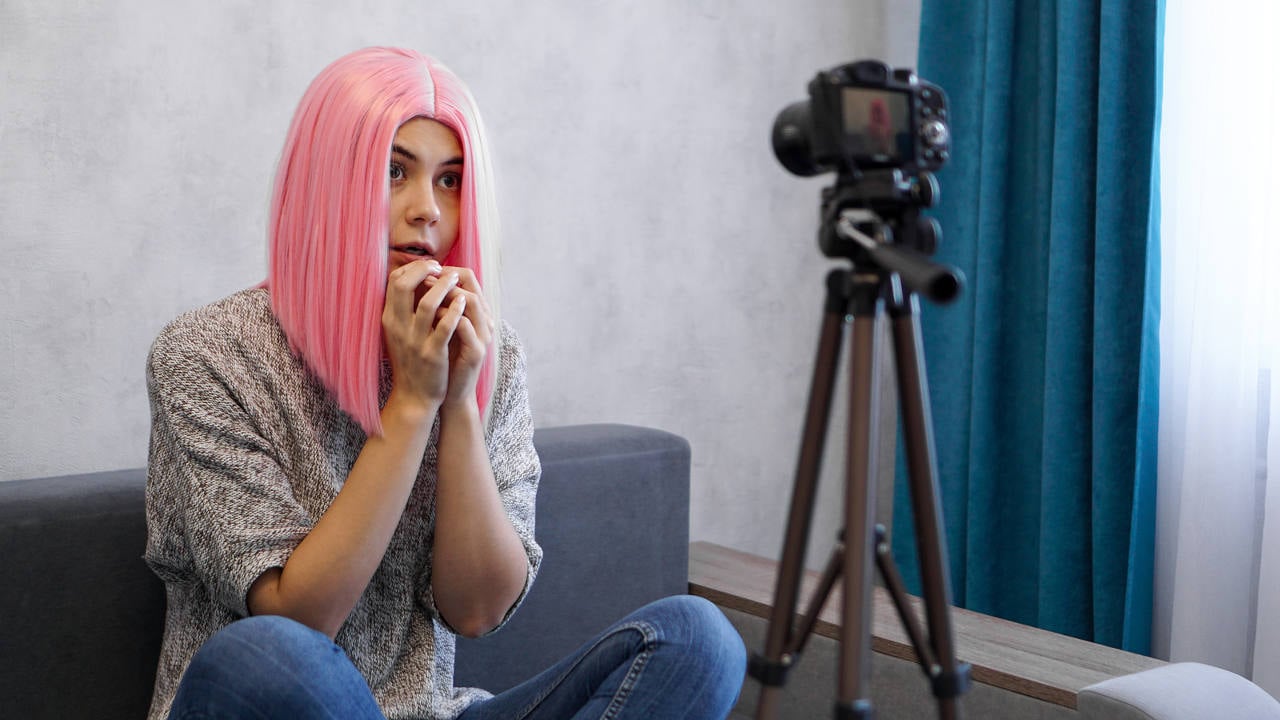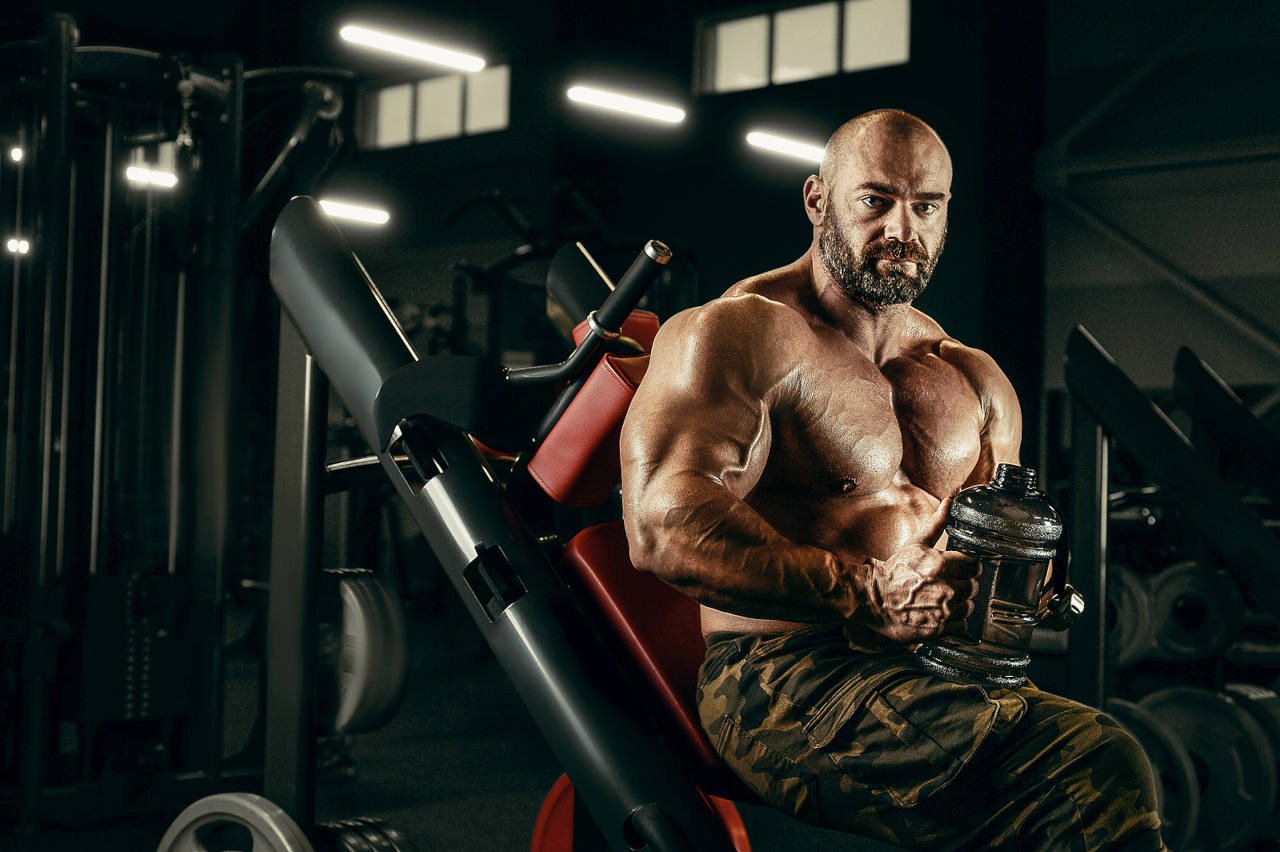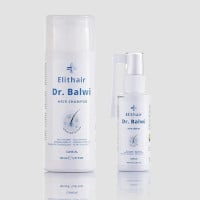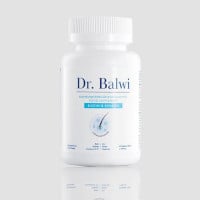
Why are Millennials Going Bald?
Millennials seem to be going bald more and more frequently in recent years and at younger ages. Male and female pattern baldness and stress-related hair loss are creating a greater need for hair restoration.
Therefore, more people in their 20s and 30s are looking solutions to these problems. But, is balding as young as 25 normal? For example new studies report that East Asian men in their 20s are going bald faster than earlier generations.
In addition, 60% of the participants in the study reported receding hairlines and significant hair loss. There has been substantial research in the area of hair loss and how to prevent balding. To understand this, we need to take a look at the causes.
Summary
- What Causes Hair Loss?
- Hair Loss and Vegan Diets
- What is the Average Age to Go Bald?
- What is the Link Between Hair Loss and Exercise?
- Can Hair Grow Back After Balding?
- Is There a Permanent Treatment for Baldness?
- Conclusion
What Causes Hair Loss?
Hair loss can come about due to any number of reasons, including:
- Stress
- Hormones
- Genetics
- Hair products/styling
But more recently, researchers are finding that diet plays a major role in hair loss as well. Millennials can prevent balding by increasing the consumption of foods that contain the essential nutrients needed for hair growth. Also reducing the foods that are causing hair loss will help substantially.
What food causes hair loss?
Certain foods are beneficial to the body. They support internal organs, immunity, digestion, and provide overall health and wellness. But there are also certain foods that aren’t good for the body. You should leave these out of your diet for proper body function, including proper hair growth:
- Sugar
- High-glycaemic index foods
- Alcohol
- Diet sodas
- Fish with high mercury concentration
There is also evidence that certain diets can lead to nutrient deficiencies, which can also cause hair loss, including veganism.
Hair Loss and Vegan Diets

While hair loss is often linked to stress, your diet can have a major impact on maintaining a healthy head of hair as well. The vegan diet has a number of health benefits, such as:
- Weight loss
- Lowering blood pressure
- Reducing blood sugar levels
- Lowering the risk of heart disease
- Improving kidney function
- Increasing longevity of life
- And more
But the diet may also be directly linked to going bald. Because of the lack of essential nutrients those who are vegan may not be getting all of the nutrients they need for healthy hair growth.
If I’m vegan, how can I stop hair loss?
If you are on a vegan diet, you can help stop balding by ensuring that you are consuming the proper amounts of nutrients that promote hair growth. These include:
- Iron (through leafy greens, beans, nuts, dried fruit, soy, and supplements)
- Protein (through legumes, tofu, nutritional yeast, green peas, quinoa, and nuts)
- Zinc (through beans, wheat, bran, seeds, nuts, and grains)
- B12 (through tempeh, nutritional yeast, grains, and fortified cereals)
Eating foods and taking supplements that provide these essential nutrients can help prevent you from going bald. In addition, it can help support a healthy head of hair.
What is the Average Age to Go Bald?
Female and male pattern baldness looks different for everyone. Approximately 25% of men will experience hair loss by the time they are 30 years old with a receding hairline, but it takes around 15-25 years for men to lose their hair completely.
While it does take some time for total baldness, around two-thirds of the population are either bald or have a balding pattern by the time they are at the age of 60.
Baldness and health
Going bald does not necessarily mean you’re unhealthy. However, bald spots can be a side effect of certain conditions, such as prostate cancer, diabetes, thyroid problems, or immunity issues. It also indicates certain nutrient deficiencies, which over time can lead to additional health concerns.
Hair loss and genetics
Typically, male pattern hair loss is passed down on the mother’s side through the X chromosome. However, there are other genes that are scattered throughout your other chromosomes that can cause baldness. Hair loss can be passed down from your fathers side as well though.
What is the Link Between Hair Loss and Exercise?

Extreme exercise regimes such as bodybuilding can cause hair loss. It all has to do with something called DHT, or dihydrotestosterone, which is a by-product of testosterone. When there is DHT build-up at the follicle level, it can lead to hair thinning, and eventually hair loss.
Some bodybuilders also take steroids, supplements, and even protein shakes that increase their testosterone levels, which can ultimately lead to this DHT build-up. Therefore its important to ensure that balding men who are working out watch what they’re eating.
Exercise alone does not cause you to start going bald. However, overdoing it at the gym will cause an overproduction of DHT, which can eventually lead to hair loss and balding.
Can Hair Grow Back After Balding?
The hair’s ability to grow back after going bald all depends on whether or not the hair follicles have closed, or if they’re still intact. If the hair follicles are intact then yes, your hair may grow back.
Your follicles may simply close up over time with age. But, certain hair products containing high amounts of chemicals, such as hairspray, can damage the follicles and cause hair thinning over time.
Is There a Permanent Treatment for Baldness?
A hair transplant provides the only long term solution to balding, whereby hair follicles are implanted into the areas of hair loss. These hair follicles produce new hair growth to restore a full head of hair. Therefore, if you are going bald, you can reverse the signs of balding with this one-time effective treatment.
While a hair transplant can show you how to stop going bald, for prevention there are a few options. If you want to learn how to prevent going bald, you need to pay close attention to your family history if there is a pattern of hair loss and be vigilant to any changes in your hair loss. Maintaining a healthy diet to ensure there are no nutrient deficiencies, using products like Finasteride or Minoxidil to slow loss, and using the right hair care products are all ways to help prevent hair loss.
Hair care and supplements
In addition, there are certain hair care solutions that can help to keep your hair follicles intact in order to prevent baldness and help you maintain a healthy head of hair. The serum and shampoo available from Elithair contain rich, potent, non-toxic ingredients that work to promote hair growth at the source of your hair follicles.
Meanwhile, biotin and keratin capsules can act as powerful food supplements that promote hair growth from the inside out. Mesotherapy can also be effective with micro needling in order to get to the deepest layers of the hair follicles. Together, all of these products promote hair growth, prevent baldness, and give you a healthy head of hair.
Have you tried Dr. Balwi’s hair care products?
Thanks to a unique combination of ingredients your hair receives the essential nutrients that nourish the roots and hair and prevent their loss, our products contains everything your hair needs! In addition unlike ordinary hair care products, ours tackle the problem at the root. Because a stronger and vitalised scalp produces resistant and, of course, healthy hair
Conclusion
There are many different reasons why millennials are experiencing more frequent balding. From stress, to diet, to going overboard at the gym, understanding the cause for your hair loss is key to finding an effective solution that works for you.
Do you have more questions or are you suffering from hair loss issues? Then feel free to contact our friendly team that will answer all your queries about hair restoration. Furthermore they can also offer a free and non binding hair analysis!
FAQ
What are the genetic factors contributing to hair loss in millennials?
Genetic predisposition plays a significant role in hair loss, with conditions like androgenetic alopecia often inherited from either parent, leading to early onset hair thinning and baldness.
How does modern lifestyle and environmental factors affect hair health in millennials?
Modern lifestyles, including high stress levels, poor dietary habits, exposure to pollution, and use of chemical-laden hair products, can contribute to increased hair loss among millennials.
Can hormonal imbalances be a cause of hair loss in millennials?
Yes, hormonal imbalances, often exacerbated by stress, certain medications, or health conditions like thyroid issues, can lead to hair loss in both men and women.
What role does digital device usage play in hair loss among millennials?
Excessive use of digital devices can lead to poor posture and stress, potentially contributing to hair loss. Additionally, blue light exposure from screens can disrupt sleep patterns, impacting overall health and hair growth.
Are there any specific preventive measures millennials can take to avoid hair loss?
Preventive measures include maintaining a balanced diet, managing stress through mindfulness or exercise, avoiding harsh hair treatments, and regularly consulting with a healthcare provider for any underlying health issues.


